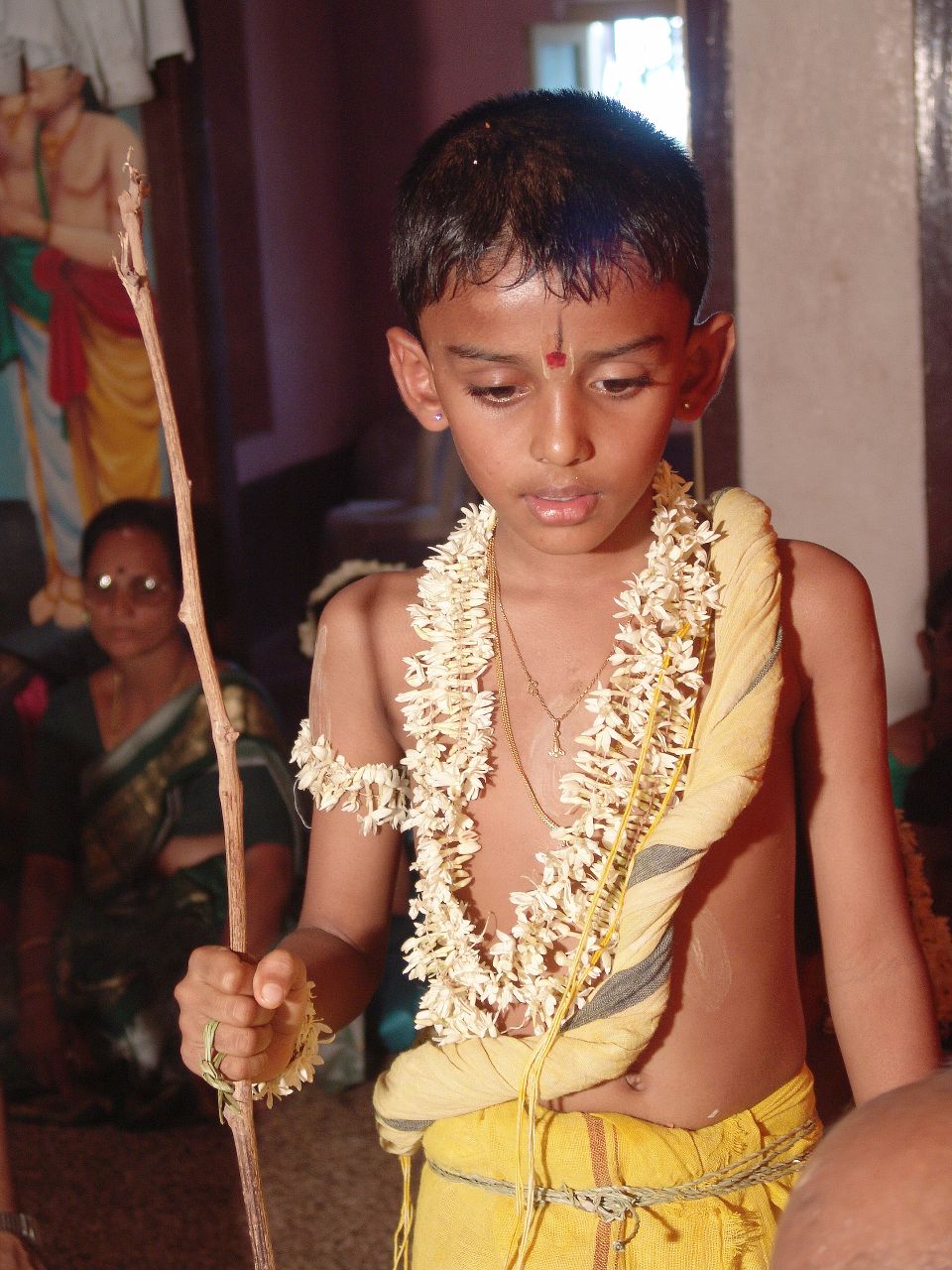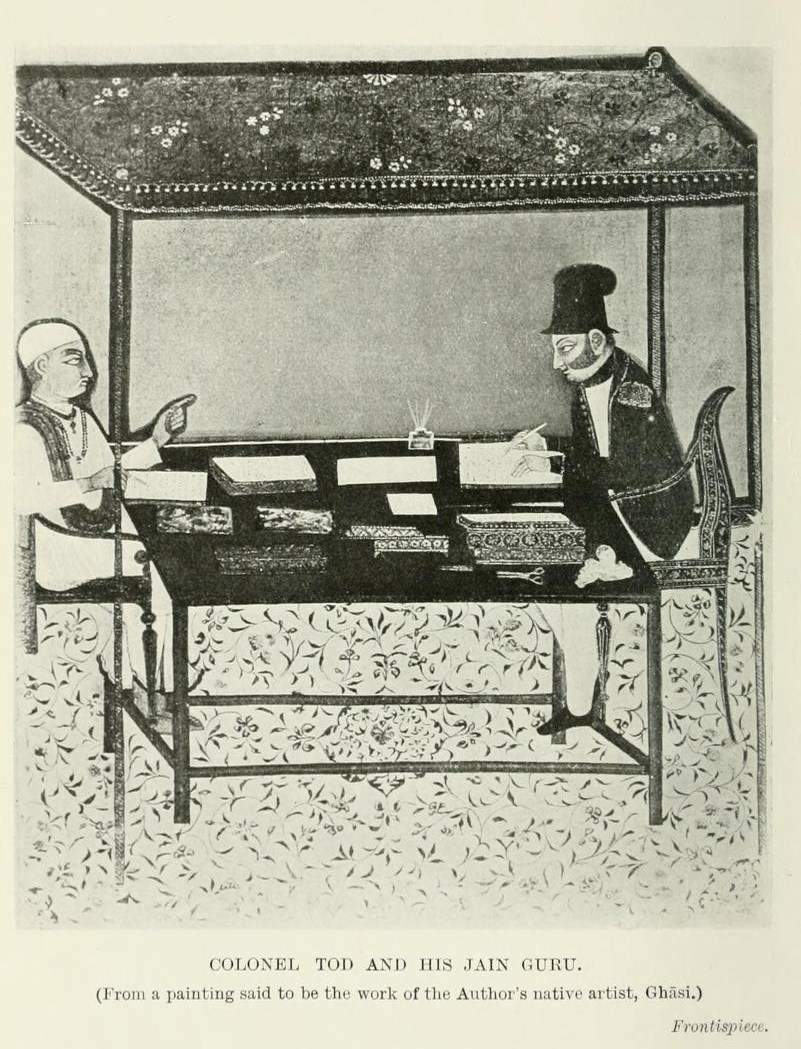|
Chilakamarti Lakshmi Narasimham
Chilakamarti Lakshmi Narasimham (26 September 1867 – 17 June 1946) was an Indian playwright, novelist and author of short stories, who wrote in the Telugu language. He was a romantic and a social reformer in the tradition founded by Veeresalingam. His plays include '' Gayopakhyanam'' (1909) and ''Ganapati'' (1920). Narasimham was visually impaired since his youth, and became blind after his graduation. He nonetheless served as an instructor in Telugu at the Government Arts College in Rajahmundry. He was active in the Indian independence movement; he eschewed "foreign cloth" and wore '' khādī'' dhoti, shirt, coat and turban. Early life Chilakamarti Lakshmi Narasimham was born on 26 September 1867 in a Dravida Brahmin family of Aaraama Dravidulu sect. He was born at Khandavalli village in West Godavari district at the residence of his maternal uncle. His father's name is Chilakamarti Venkanna and mother's name is Venkataratnamma and were residents of Veeravasaram villa ... [...More Info...] [...Related Items...] OR: [Wikipedia] [Google] [Baidu] |
Khandavalli
Khandavalli is a village in Peravali mandal in West Godavari district, Andhra Pradesh. Postal Index Number, Postal Index Code of this village is 534330. Demographics Census of India, Khandavalli had a population of 13884. The total population constitute, 6979 males and 6905 females with a sex ratio of 989 females per 1000 males. 1354 children are in the age group of 0–6 years, with sex ratio of 954. The average literacy rate stands at 69.90%. Transportation National Highway 216A (India), NH216A, Spur route, Spur road of National Highway 161A (India), NH16 passes through Khandavalli Village. This road Connects Eluru, Gundugolanu, Bhimadole Pulla, West Godavari district, Pulla, Kaikaram, Chebrolu, West Godavari district, Chebrolu, Unguturu, West Godavari district, Ungaturu, Tadepalligudem, Duvva, Tanuku, Siddantam, Ravulapalem, Vemagiri, Kadiyapulanka, and ends at Rajahmundry. Andhra Pradesh State Road Transport Corporation, APSRTC Connects buses service from Eluru, Gu ... [...More Info...] [...Related Items...] OR: [Wikipedia] [Google] [Baidu] |
Upanayana
''Upanayana'' () is a Hindu educational sacrament, one of the traditional saṃskāras or rites of passage that marked the acceptance of a student by a preceptor, such as a ''guru'' or ''acharya'', and an individual's initiation into a school in Hinduism. Some traditions consider the ceremony as a spiritual rebirth for the child or future ''dvija'', twice born. It signifies the acquisition of the knowledge of and the start of a new and disciplined life as a brahmāchārya. The Upanayanam ceremony is arguably the most important rite for Brāhmaṇa, Kṣatriya, and Vaiśya males, ensuring his rights with responsibilities and signifying his advent into adulthood''.'' The tradition is widely discussed in ancient Samskṛta texts of Hinduism and varies regionally. The sacred thread or yajñopavīta (also referred to as ''Janeu'', ''Jandhyam'', ''Pūṇūl, Muñja and Janivara'' Yonya) has become one of the most important identifiers of the ''Upanayana'' ceremony in contemporar ... [...More Info...] [...Related Items...] OR: [Wikipedia] [Google] [Baidu] |
James Tod
Lieutenant-Colonel James Tod (20 March 1782 – 18 November 1835) was an officer of the British East India Company and an Orientalism, Oriental scholar. He combined his official role and his amateur interests to create a series of works about the history and geography of India, and in particular the area then known as Rajputana that corresponds to the present day state of Rajasthan, and which Tod referred to as ''Rajast'han''. Tod was born in London and educated in Scotland. He joined the East India Company as a military officer and travelled to India in 1799 as a cadet in the Bengal Army. He rose quickly in rank, eventually becoming captain of an escort for an Envoy (title), envoy in a Scindia, Sindian royal court. After the Third Anglo-Maratha War, during which Tod was involved in the intelligence department, he was appointed Political Resident, Political Agent for some areas of Rajputana. His task was to help unify the region under the control of the East India Company ... [...More Info...] [...Related Items...] OR: [Wikipedia] [Google] [Baidu] |
William Shakespeare
William Shakespeare ( 23 April 1564 – 23 April 1616) was an English playwright, poet and actor. He is widely regarded as the greatest writer in the English language and the world's pre-eminent dramatist. He is often called England's national poet and the "Bard of River Avon, Warwickshire, Avon" or simply "the Bard". His extant works, including William Shakespeare's collaborations, collaborations, consist of some Shakespeare's plays, 39 plays, Shakespeare's sonnets, 154 sonnets, three long narrative poems and a few other verses, some of uncertain authorship. His plays List of translations of works by William Shakespeare, have been translated into every major modern language, living language and are performed more often than those of any other playwright. Shakespeare remains arguably the most influential writer in the English language, and his works continue to be studied and reinterpreted. Shakespeare was born and raised in Stratford-upon-Avon, Warwickshire. At the age of 18 ... [...More Info...] [...Related Items...] OR: [Wikipedia] [Google] [Baidu] |
Macbeth
''The Tragedy of Macbeth'', often shortened to ''Macbeth'' (), is a tragedy by William Shakespeare, estimated to have been first performed in 1606. It dramatises the physically violent and damaging psychological effects of political ambitions and power. It was first published in the Folio of 1623, possibly from a prompt book, and is Shakespeare's shortest tragedy. Scholars believe ''Macbeth'', of all the plays that Shakespeare wrote during the reign of King James I, contains the most allusions to James, patron of Shakespeare's acting company. In the play, a brave Scottish general named Macbeth receives a prophecy from a trio of witches that one day he will become King of Scotland. Consumed by ambition and spurred to violence by his wife, Macbeth murders the king and takes the Scottish throne for himself. Then, racked with guilt and paranoia, he commits further violent murders to protect himself from enmity and suspicion, soon becoming a tyrannical ruler. The bloo ... [...More Info...] [...Related Items...] OR: [Wikipedia] [Google] [Baidu] |
Walter Scott
Sir Walter Scott, 1st Baronet (15 August 1771 – 21 September 1832), was a Scottish novelist, poet and historian. Many of his works remain classics of European literature, European and Scottish literature, notably the novels ''Ivanhoe'' (1819), ''Rob Roy (novel), Rob Roy'' (1817), ''Waverley (novel), Waverley'' (1814), ''Old Mortality'' (1816), ''The Heart of Mid-Lothian'' (1818), and ''The Bride of Lammermoor'' (1819), along with the narrative poems ''Marmion (poem), Marmion'' (1808) and ''The Lady of the Lake (poem), The Lady of the Lake'' (1810). He had a major impact on European and American literature, American literature. As an advocate and legal administrator by profession, he combined writing and editing with his daily work as Clerk of Session and Sheriff court, Sheriff-Depute of Selkirkshire. He was prominent in Edinburgh's Tory (political faction), Tory establishment, active in the Royal Highland and Agricultural Society of Scotland, Highland Society, long time a p ... [...More Info...] [...Related Items...] OR: [Wikipedia] [Google] [Baidu] |
Ganapathi (Novel)
''Ganapati'' (Telugu: గణపతి) (1920) is a Telugu novel written by Chilakamarti Lakshmi Narasimham. It is one of the first Telugu novels written in modern Telugu and considered among the classic works of modern Telugu literature. It is also considered the first humorous novel in modern Telugu writing. Title Ganapathi is the name of the main protagonist. This novel portrays the lives of Ganapathi and his two previous generations (Grandfather and Father). Setting The story revolves around various villages in the East Godavari District of Andhra Pradesh, India in the backdrop of social setting in 1910-1920 and satirically criticises the practice of kanyasulkam (Now abandoned/banned practice of groom paying money to the bride's father). Though it sounds comic to read, the underlying truth reflects the acute poverty in Brahmin families. Plot The story starts with the narrator attending a marriage and waiting to be served dinner. As it is quite late already, while waiting f ... [...More Info...] [...Related Items...] OR: [Wikipedia] [Google] [Baidu] |
Prachanda Yadavam
''Gayopakhyanam'' (Telugu: గయోపాఖ్యానం) is a Telugu play written by Chilakamarti Lakshmi Narasimham in 1890. It is also called Prachanda Yadavam (The story of fierce Yadava King - Sri Krishna). This play is the forerunner in presenting mythical themes in the Hindu epics. The plot is based on war between Nara-Narayana, the incarnation of Arjuna and Sri Krishna induced by Gaya, a Gandharva King. Author Chilakamarti Lakshmi Narasimham (1867–1946) wrote this play at the age of about 22 years. It was staged for the first time in April 1890. Famous politician Tanguturi Prakasam played the role of Chitralekha and Arjuna and his teacher Immaneni Hanumantha Rao Naidu portrayed the role of Gaya. It was staged innumerable times by many drama troupes. It was published in 1909 and broke the records of selling more than a lakh copies. The Story Gaya, a Gandharva king, while moving across the skies, spits the pan down his divine plane. It falls into the open palms of ... [...More Info...] [...Related Items...] OR: [Wikipedia] [Google] [Baidu] |





